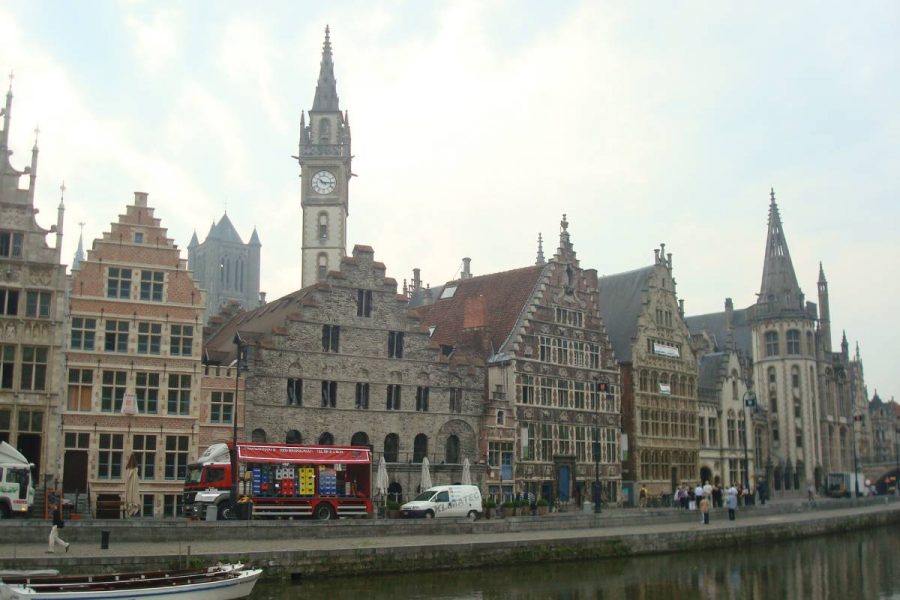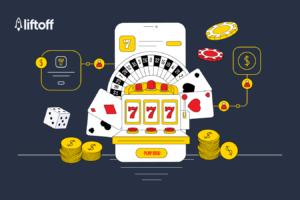Belgian lottery refutes allegations that it bought ban on gambling ads

Media reports have claimed that lobbying from the Belgian National Lottery was responsible for a ban on gambling ads.
Belgium.- The Belgian National Lottery has responded to allegations that it effectively bought Belgium’s proposed ban on gambling ads, which is due to come into effect later this year. It has refuted the claims after the national newspaper Het Laatste Nieuws reported allegations that the lottery had unfairly influenced ministers by lobbying for the ban.
Belgian minister for justice Vincent Van Quickenborn announced a royal decree banning gambling advertising last month. His proposed legislation covers all types of gambling, both online and land-based, with the only exception being the Belgian National Lottery. Sports teams will have until the end of 2024 to drop gambling marketing deals.
The Belgian Association of Gaming Operators (BAGO) has heavily criticised the decree, saying it would cause players difficulty when it comes to distinguishing legal from illegal operators. It highlighted a survey from UGent showing that one in three gaming operators that advertise on social media in Belgium are unlicensed and operating illegally.
Now media reports claim that the lottery, which accounts for 40 per cent of gambling advertising in Belgium, last October wrote to secretaries of state Sammy Mahdi and Eva De Bleeker offering to pay the government an extra €30m in fees over three years in exchange for an advertising ban to limit competition against its products.
The Belgian National Lottery’s response
The lottery recognises that it wrote the to Mahdi and De Bleeker on October 1 last year but says the letter was not connected to the proposed ban on advertising. It denies that it offered to make higher payments to the government but rather the government had proposed the lottery make higher payments, to which the lottery had responded that this would be impractical while private operators were able to market their products.
It said: “If the government asks it to pay a higher price for its monopoly, the National Lottery finds it quite normal to draw the government’s attention to the fact that its monopoly has been seriously undermined in recent years by the arrival of a large number of private gambling operators subject to less strict rules, and who have a free hand due to the lack of regulation and enforcement of the rules in the area of casino games and sports betting.
“And to the fact that they are, moreover, also the source of the strong growth of problem gambling in our society.”
The lottery has published the full text of the October 1 letter to back up its position.
For its part, the Belgian Gambling Commission has proposed strict measures on gambling advertising but stopped short of calling for a blanket ban. It wants a limit on gambling ads, a ban on personalised ads targeted at certain groups of players and more power to act quickly when rules are broken.
The regulator said the government should “determine the volume of permitted advertising” but did not suggest a volume itself. It said that it would like to see general restrictions on who can be targeted by gambling ads, but it particularly wants a ban on targeting personalised ads at young people, excluded players and players who have not gambled for a long time.











